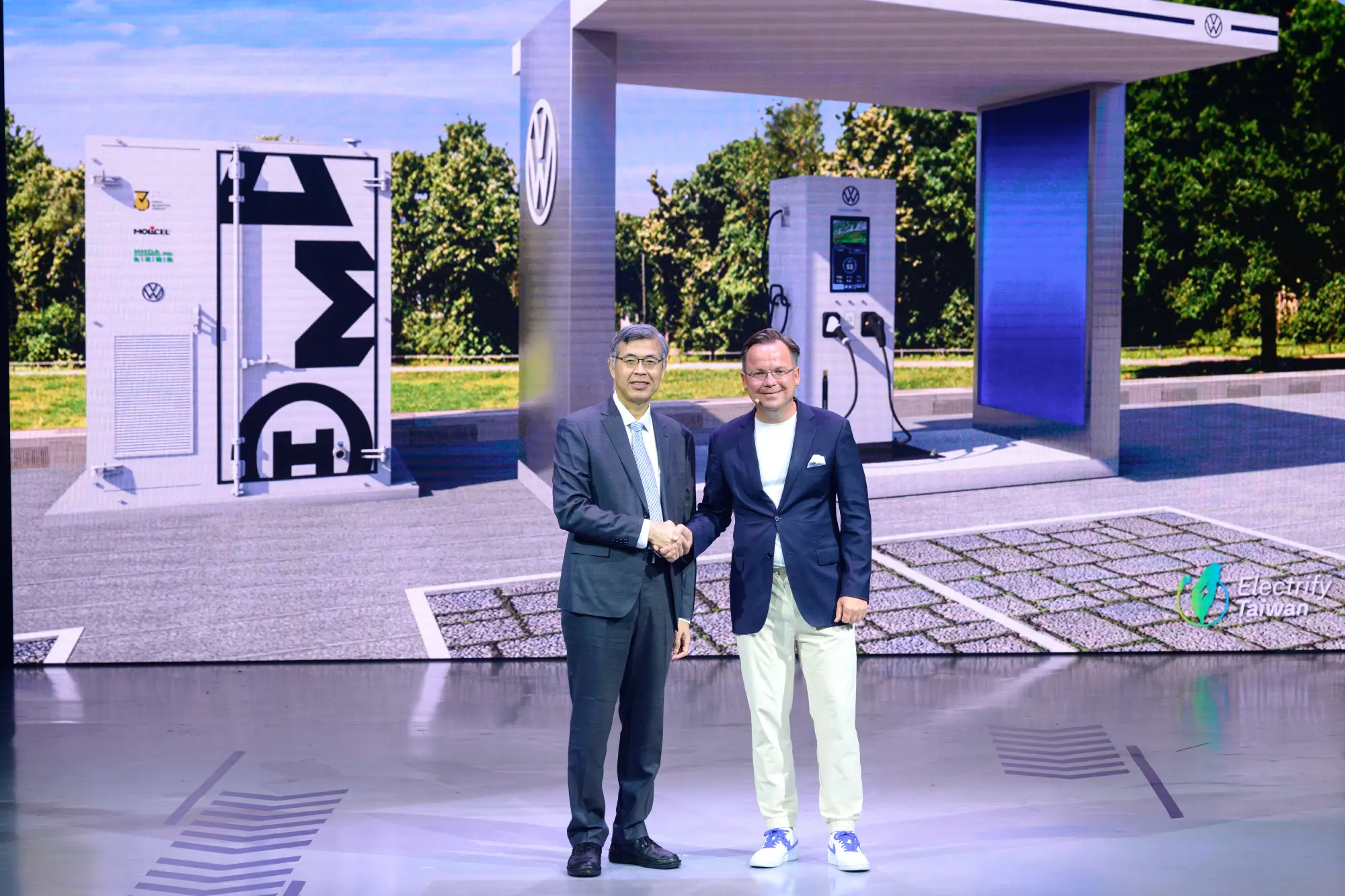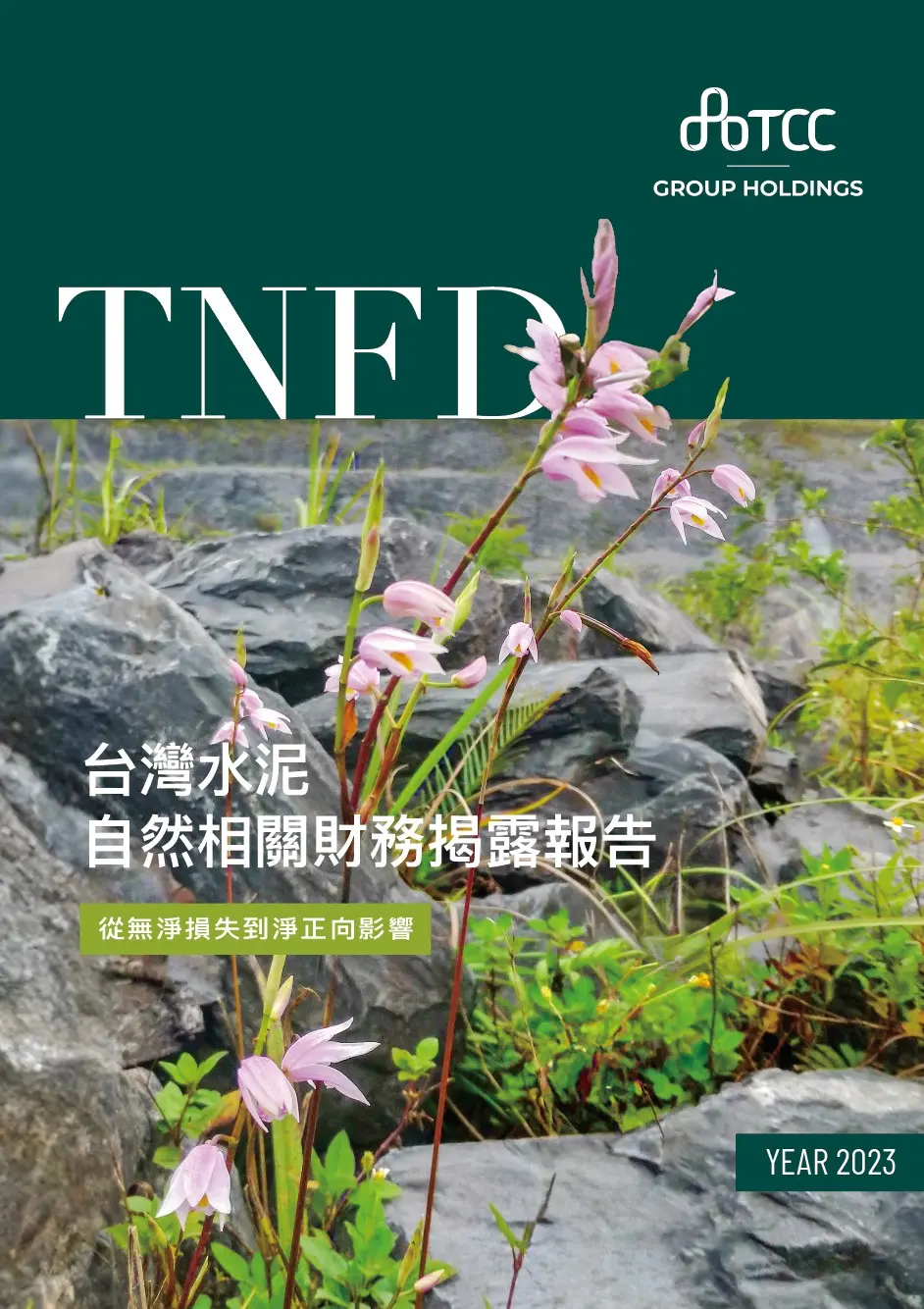A Global Call to Action: Investing in Europe's Green Leadership, Our Shared Responsibility
A Global Call to Action: Investing in Europe's Green Leadership, Our Shared Responsibility
2024.10.04
-
Copied
The Earth, our shared home, teeming with life and inspires so many awes with its breathtaking beauty. From towering mountains to sprawling oceans, it provides the backdrop for the unfolding drama of human civilization. Yet, amidst this abundance, a dark cloud looms: climate change. This crisis, fueled by greenhouse gas emissions and driven by human activities, threatens to disrupt the delicate balance of our planet's ecosystems and endanger the very future of humanity.
We stand at a crossroad. We can choose to continue on the path of unsustainable practices, jeopardizing the health of our planet and future generations, or we can embrace a more sustainable and equitable future. Today, I urge you to join me in advocating for a bold and ambitious course of action: investing in Europe's leadership in renewable energy and green building materials.
The Florentine Renaissance in Europe not only brought beautiful art and literature to the world but also started the basic social and philosophical changes in the western world toward the kindling fire of the Age of Enlightenment. Philosophers and scientists from all over Europe in less than two hundred years started a ripple which turned into a tidal wave that affected the whole world. England was the first to make a major breakthrough, starting the Industrial Revolution which led to the modern world as we know it today. The Industrial Revolution was both a blessing and a curse in many aspects. It is a too complicated topic to talk about today but it does start our world to massively use fossil fuel which caused the global climate warming effect we are facing today.
Let's now talk about CO2 which is the major contributor of global climate effect. Scottish chemist Joseph Black discovered carbon dioxide in 1754 by putting acid on limestone which created a gas CO2. At a time it was called “fixed gas”. However, scientific understanding of CO2's role in the greenhouse effect and potential for causing climate change developed over time:
1824: Joseph Fourier of France first proposed the concept of the greenhouse effect.
1896: Svante Arrhenius of Sweden published calculations suggesting that increased CO2 levels could lead to global warming.
1938: Guy Callendar of the United Kingdom linked rising CO2 levels to the observed global temperature increases, but his work was largely ignored at the time.
1950s-1960s: Research by Charles Keeling of the United States of America and others provided clear evidence that atmospheric CO2 levels were indeed rising rapidly.
1970s-1980s: Growing scientific consensus emerged that rising CO2 levels posed a significant threat of climate change.
While the basic science of the greenhouse effect was understood in the 19th century, the full extent of the potential for climate disaster caused by rising CO2 levels became increasingly clear throughout the 20th century, and continues to be refined today.
Limiting global warming to 1.5 Celsius degrees above pre-industrial levels is crucial because exceeding this threshold significantly increases the risks of catastrophic climate change impacts, including:
More extreme weather events: Heatwaves, droughts, floods, and storms become more frequent and intense.
Sea level rise: Coastal cities and communities face inundation and displacement.
Loss of biodiversity: Many plant and animal species face extinction due to habitat loss and changing ecosystems.Food and water scarcity: Agricultural yields decrease, and water resources become strained, leading to potential conflicts.
Staying below 1.5 degrees Celsius offers a better chance of avoiding these worst-case scenarios and maintaining a habitable earth for our future generations. It's a target set by the Paris Agreement, an amazing global effort to combat climate change. However, it seems that we may have already breached that. During the last 12 months, some study has shown that Earth temperature has risen 1.68° since the Industrial Revolution. Hopefully this is just a momentarily incident, not a permanent one.
Although fossil fuel may be like a “necessary evil” in the book “Leviathan” written by English philosopher Thomas Hobbs in the 17th century. But fossil fuels like the government need to be controlled by the people. It cannot be treated like laissez-faire, a free market system first brought out by Physiocrats, a group of economists of France in the middle of the 18th century and again popularized by “Father of Capitalism and modern economics”, Adam Smith toward the end of 18th century. I believe climate issues should be treated like a “Social Contract”, same sense as a political and social vision supported by Genovese Jean-Jacques Rousseau and English philosopher Jeremy Bentham, founder of modern utilitarianism of the same period. Climate action should be a global social contract and agreed by every citizen of the Earth and every government of the world.
With so many Age of The Enlightenment brilliant and visionary philosophers in Europe, no wonder Europe is the first to wake up and take proactive actions toward the greenhouse gas reduction and climate disasters. I think the EU is a Beacon of Environmental Stewardship for the rest of the world. Europe has long been at the forefront of environmental action. From ambitious renewable energy targets to stringent emissions regulations, the continent has consistently demonstrated its commitment to combating climate change. It's a commitment that extends beyond all borders, setting a standard for the rest of the world to follow. Ultimately, money is not the measure of all things but life and sustainable environment would be the most important measure of the future.
Green Energy, the Path to a Sustainable Future. The transition to a green economy powered by green energy is essential for achieving a sustainable future. Europe is leading the charge in developing and deploying clean energy technologies, including solar, wind, and geothermal power. Investing in Europe's green energy sector is not just an environmental imperative but also a sound economic strategy. Because renewable energy is coming up, at the same time it is less predictable and dependable.
Today's power grids around the world cannot sustain more than 15-20% of their energy frequency from renewable sources. This is why TCC is investing in energy storage systems in several European countries. This will create jobs, stimulate innovation, reduce dependence on fossil fuels as well as making green energy more user friendly. Without stable electricity supply, all the recent technological breakthroughs and developments such as Ai and Quantum computing may become just a fantasy story.
Building and construction sectors are by far the largest emitter of greenhouse gasses, accounting for about 37% of global emissions. The cement industry is a major source of greenhouse gas emissions. Therefore continuing to develop green cement is one of the most utmost important tasks we need to do. However, Europe is home to a growing number of companies dedicated to developing and producing green cement, which significantly reduces carbon emissions during production. This is why TCC is investing in the construction material in Portugal. Some of you may know the biggest component, 65% of CO2 emission from cement is from its raw material, limestone. That is why we have invested through Portugal to invest in two cement factories in Africa. Both facilities use clay as its raw material instead of limestone which will drastically reduce CO2 output of cement. Continuing to invest in green cement technologies will enable us to build a more sustainable infrastructure and our future by reducing the environmental impact of our building industry.
A Global Partnership in this greenhouse reduction initiative is also most important. While Europe is leading the way, combating climate change requires a global effort. We need to foster international collaboration and knowledge sharing to accelerate the transition to a green economy. We must support developing countries in their efforts to adopt sustainable practices and technologies. Facing climate disaster I think there is only one nationality that is the Earth. Together we fight for a worthwhile future for Humanity.
The Industrial Revolution gave us the modern world of plenty. Now we need a proactively action-oriented “Carbon Reduction or Greenhouse Gas Reduction Revolution” in order for human beings to have a more sustainable future.
The Time to Act is Now. The window of opportunity to address climate change is rapidly closing. We must act decisively and swiftly. Investing in Europe's green energy and green cement sectors is a critical step in the right direction. It is an investment in the future of our planet and in the well-being of generations to come.
A Shared Vision for a Better Future. Let us come together, transcending borders and differences, to build a more sustainable and equitable world. Let us join in Europe's green leadership, fostering innovation and accelerating the transition to a clean energy economy. Together, we can create a future where economic prosperity and environmental sustainability go hand in hand.
The challenges we face are immense, but so too is our potential. We have the knowledge, the technology, and the resources to overcome this crisis. What we need is the collective will to act. Let us rise to this challenge, driven by a shared vision of a brighter future for all.
Call to Action! I urge each of you to consider the role you can play in this critical endeavor. Whether it's advocating for policy change, supporting green businesses, or making sustainable choices in your own lives, every action counts. Together, we can make a difference. Let's invest in World's green future and build a more sustainable world for generations to come.
Chief Seattle “The earth does not belong to man, man belongs to the earth. All things are connected like the blood that unites us all. Man did not weave the web of life, he is merely a strand in it. Whatever he does to the web, he does to himself.”
Carl Sagan
Our preferences do not determine what’s true.
The Universe is not obliged to conform to what we consider comfortable or plausible.
Lastly, I would like to close Today's short talk with five lines of a poem I wrote.
Future's tapestry, where dawn of new horizon ignite,
Time's eternal stream, where dreams take flight.
The blossom of mankind’s future may fade, or soar or descend,
Destiny's symphony awaits for all of our hands,
Play these Environmental instruments together.
To make a worthwhile future.
More Related Information
-
 2024.09.19NHOA TCC Partners with Volkswagen Taiwan to Announce Charging-Storage Collaboration Driving Sustainable Carbon Reduction
2024.09.19NHOA TCC Partners with Volkswagen Taiwan to Announce Charging-Storage Collaboration Driving Sustainable Carbon Reduction -
 2024.09.18TCC's Latest TNFD Report Highlights Reducing Energy and Natural Resource Use, Creating New Low-Carbon Value; Nature-Related Revenue Exceeds NT$40.5 Billion
2024.09.18TCC's Latest TNFD Report Highlights Reducing Energy and Natural Resource Use, Creating New Low-Carbon Value; Nature-Related Revenue Exceeds NT$40.5 Billion -
2024.09.13The Statement of Procurement for Hoping Power Plant in 2024, TCC Group Holdings (TCC)


